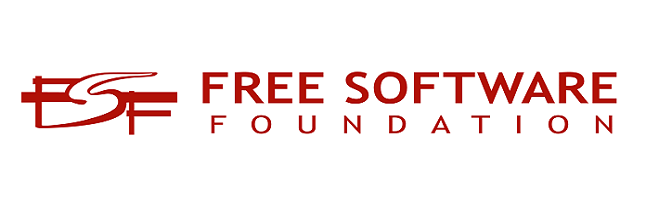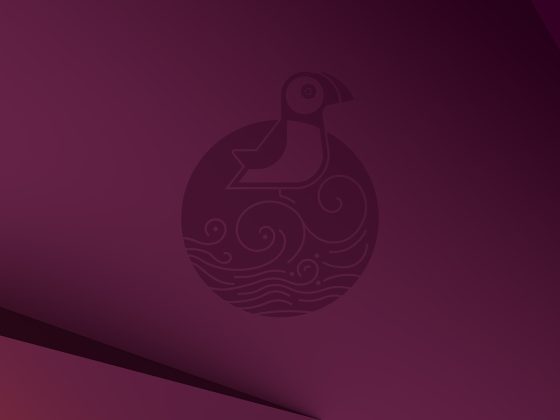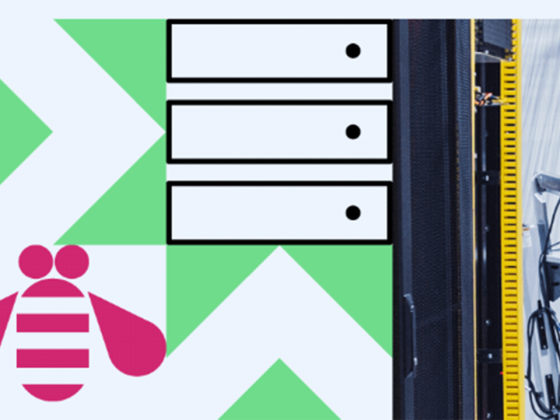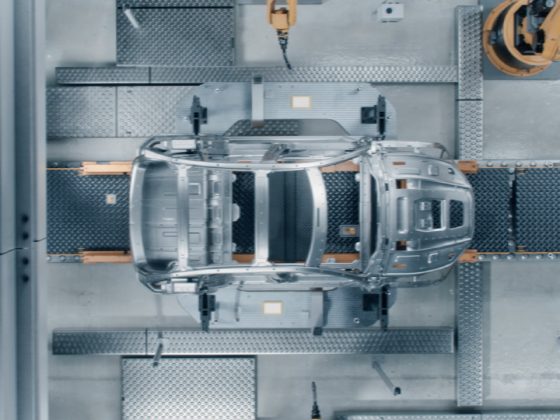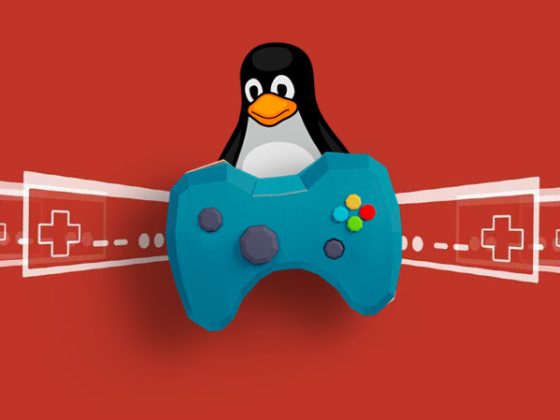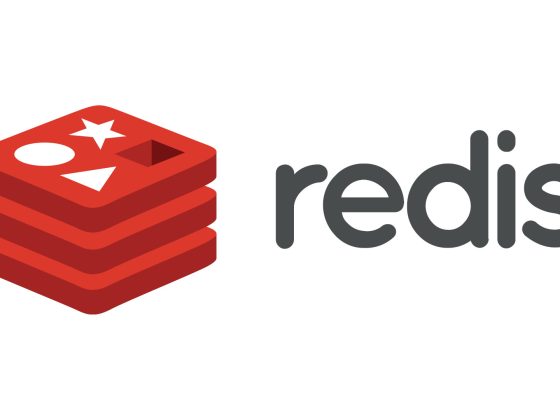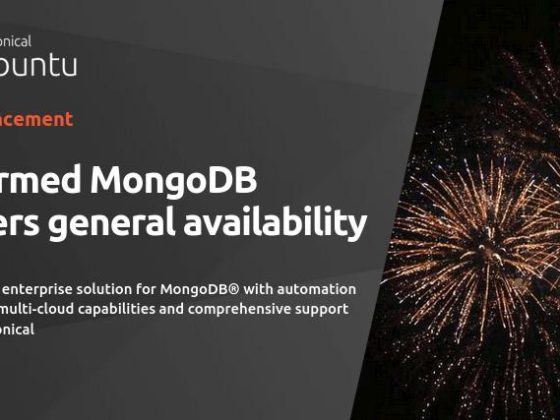As a computer user, your first step towards software freedom does not need to begin with a law degree or with knowledge of free software licensing. It can simply begin with the desire to use a computer program in the way you envision. Taking a moment to understand the meaning of free software is making the first step into a much larger world, and provides you with an opportunity to find your place in the free software movement. Here at the FSF Licensing & Compliance Lab, we labor enthusiastically to get the word out, protect the foundations on which free software is built, and provide resources to empower those wishing to participate.
First steps
Like proud parents witnessing their child’s effort to join the ranks of bipedals, the Licensing and Compliance Lab welcomes many newcomers to the free software community when they participate in our weekly hosted Free Software Directory meetings. Here, newcomers get to understand free software better through the examination of programs for entry into the Free Software Directory, they evaluate programs and determine if a program is free software or not. This evaluation turns into a skill, and much like walking, it is an expertise that can last a lifetime.
From our partners:
The Directory, which provides access to over 16,000 vetted free software programs, is one of the best tools that we have for introducing people to free software, and working on it is a great way to start contributing. Not only is it used as a teaching utility in determining a program’s licensing but the process often brings forth possible improvements which are submitted to upstream projects to improve their licensing metadata — we’ve helped identify proprietary bits that were inadvertently included that could then be removed by the maintainers, and we’ve suggested improvements to the formatting and placement of licensing information to make it clear that the program is free and under which license it’s actually distributed.
Over the last year, we’ve worked with new volunteers to become active in learning about vetting programs which has made the meetings more fun, robust, and productive. Every Friday at noon Eastern, we work via IRC in #fsf on Libera.Chat with volunteers on improving the Directory and adding new programs to it.
First steps to walking
From the initial wobbly ambulations to the skittering foot stomps of a newly minted world explorer, neophytes to free software find in the FSF pages a plethora of information to help them continue developing their free software knowledge and skill. To this end, the Licensing and Compliance Lab provides resources on free software licensing like the GNU General Public License FAQ, and we answer direct questions from the community about how free licenses work and interact with other licenses. In 2021, the Licensing and Compliance Lab, thanks to the help of our five licensing volunteers, answered well over 400 licensing questions.
An important companion piece to the GPL FAQ we also published, is our list of various licenses and comments about them. This lists provides a valuable resource for determining license compatibility, especially with our widely used GNU General Public License (GPL). Besides helping newcomers get started, these materials are vital in establishing consensus among seasoned practitioners as to how free software licenses work and interact together — this in turn helps the entire world of free software, from large companies to individual developers, work together with less friction and with outcomes that get us closer to a world where respect for computer user and developer freedom is the norm.
Walking to running
We begin to move faster. Once there is a general understanding of how the GPL works, the burgeoning free software activist is naturally inclined to find their place on the front lines. If a person has written their own program, it is essential and helpful to the community to free that program by choosing a free software license for it. For programmers wishing to aid specifically in the development of the GNU Project, the Lab published a contributor FAQ and a rationale for why the FSF uses copyright assignment to keep the GNU Project legally secure.
Running the path to freedom is not without its obstacles. When users come to learn about their rights under free software licenses, they still must remain vigilant to ensure that those rights are respected. There is a constant danger of companies distributing free software in a way that denies users their rights over that code so that it ends up restricting users.
The FSF works to protect software freedom through the Principles of Community-Oriented GPL Enforcement on GNU Project packages where the FSF has been entrusted with copyright. Users frequently discover that an increasing amount of the software they use is actually free software, but that it’s locked within proprietary packages and devices unjustly. We take reports from users of violations on GNU Project packages, and we work with violators to help bring back those users’ rights — including taking formal legal action when necessary.
Running to Usain Bolt
Tighten your laces. We are really moving now! Once someone has spent some serious time getting to understand the different licenses and their workings, they come to understand that licenses are not the only thing to focus on. There are many other aspects that influence the state of free software worldwide, and one that law professionals keep an eye on is the danger of software patents. Over the summer, FSF intern Panos Alevropoulos updated our End Software Patents sites, which are invaluable resources in informing people to help hasten the demise of the insidious software idea patent.
Although the threats to freedom that come from software patents have been around for a while, new threats can sometimes appear as well. This summer, Microsoft’s GitHub announced a new service known as Copilot, a service which uses machine learning to help suggest code snippets to developers as they write software. We already know that Copilot as it stands is unacceptable and unjust. It requires running software that is nonfree, and Copilot is Service as a Software Substitute.
We needed to go deeper into other kinds of relevant issues like potential license compliance questions, and copyrightability of the output. In an FSF first to accelerate the discovery of answers, the License and Compliance Lab put out a call for white papers from the free software community to explore the legal and ethical implications of such a service. The call was answered. Several papers have been selected, and we will publish them soon, so stay tuned. We look forward to the conversations they will create.
Support these steps
With the mechanics of free software licensing stowed amongst the many tools of a modern day software freedom fighter, it is time to get moving together to defeat threats to software freedom. Can you join this effort as an FSF associate member? You can start for as little as $10 per month ($5 for students), or $120 per year. Your membership will help the Licensing and Compliance Lab to continue to provide opportunities for activists to do so by offering resources, and by empowering programmers to make use of the GNU GPL and other free software licenses.
The more members we can count, the better we can defend everyone’s freedoms against the largest companies and governments on the planet, and this starts with achieving our fall goal of 500 new members before December 31. Plus, associate members can select a special gift during this fundraiser, and enjoy all the member benefits, which include merchandise discounts, a 16GB bootable membership card, and use of our videoconferencing server.
Every journey begins with that first step. The FSF Licensing and Compliance Lab can help users along that path — while also clearing the way ahead for them — but we need everyone’s help if we’re going to get all users to join the parade. Will you help us make that possible?
PS. Want to be updated directly when the Licensing and Compliance Lab? Join our licensing updates mailing list and share it with your friends.
By Craig Topham
Source FSF
For enquiries, product placements, sponsorships, and collaborations, connect with us at [email protected]. We'd love to hear from you!
Our humans need coffee too! Your support is highly appreciated, thank you!
